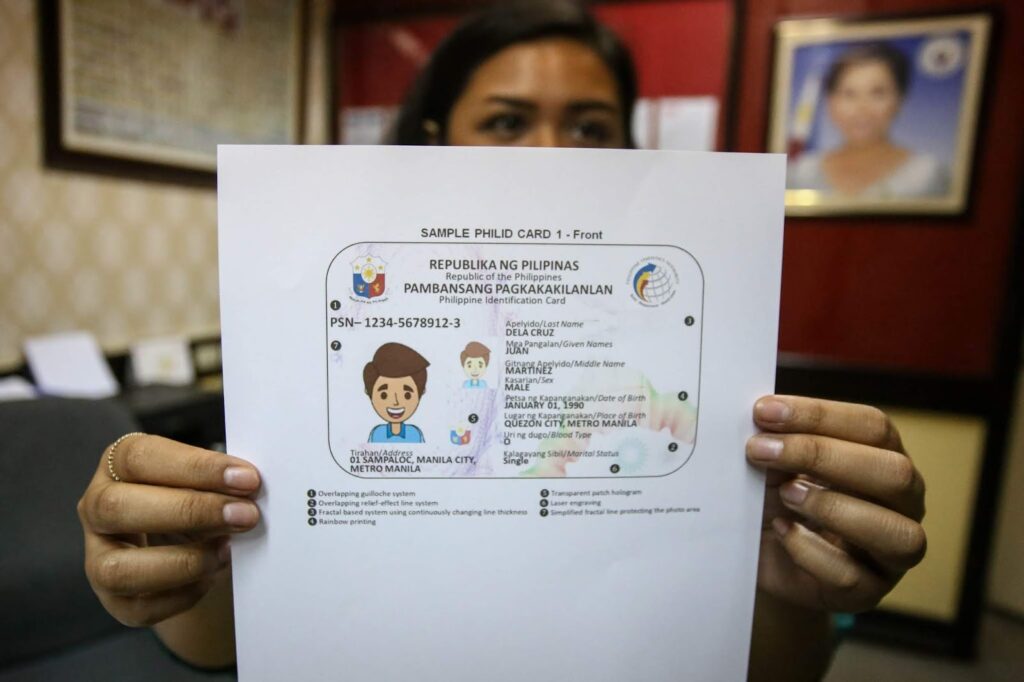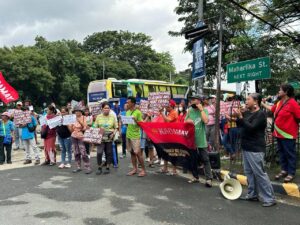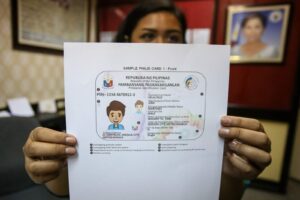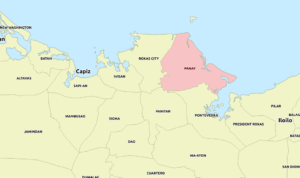
Corruption and failure in implementing the National ID
The Bangko Sentral ng Pilipinas terminated its contract with All Card Inc (ACI), the company hired to print National IDs under the Philippine Identification System or PhilSys program. In a statement yesterday, August 29, the BSP said this was due to the company’s failure to meet the number of IDs it was tasked to print in the past four years.
The BSP report said only 51.6 million IDs had been printed and distributed as of the end of May. It is 86.7 million IDs short, based on the number of Filipinos registered with Philsys, the Philippine Statistics Authority (PSA) said. The PSA was tasked with collecting data on Filipinos while the BSP entered into the contract for the printing of IDs.
Back in May, the PSA absolved itself of this failure after receiving numerous complaints about the late and delayed ID distribution. It took a year or more for the owners to receive their IDs. To solve this, the PSA switched to releasing digital copies of IDs that generated another series of widespread criticism from Filipinos.
In addition to being late and delayed, the National ID was also criticized for its inaccurate information. It is useless as it is not accepted as valid in many establishments such as banks. (Bankers still require another “valid ID” when opening an account or for other transactions.)
The BSP awarded ACI a ₱3.48 billion contract for the printing of National IDs. The company then had insufficient capacity to print the number of required IDs. Despite this, it was still awarded the contract. The agreement stipulated that ACI should have printed 5 million IDs in 2020, 45 million in 2021, 42 million in 2022 and 24 million in 2023. The company met none of these quotas. The contract also required that the IDs last for five years, which was also not met as the produced IDs were found to be flimsy.
Aside from the contract with the BSP, ACI also landed a contract with the Land Transportation Office for printing licenses under Assistant Teofilo Guadiz. This contract was also a failure and peppered with anomalies.
Instrument of tyranny
Long before PhilSys was implemented, groups already denounced it as a repressive program and enforced by those in power. After languishing in Congress and the Senate for decades, it was passed into law under the Duterte regime. One of its sponsors is the well-known butcher and former officer of the then Philippine Constabulary, Sen. Panfilo Lacson.
Like other programs and policies that collect citizens’ personal data, they are highly likely to be used against critics of the state. Many are convinced that it will be used to completely eliminate the meager legal protections for basic freedoms and rights to privacy, press freedom and freedom of expression. It is openly regarded as “extra ammunition” by the state to silence, repress and criminalize opposition to its policies and the regime itself. The information it will gather will certainly be used for mass surveillance, and political and criminal profiling.
The public’s fear further increases amid a series of “data breaches” or theft of private information from government computers, which proves the reactionary state’s incompetence to ensure the protection of the public’s sensitive data.










